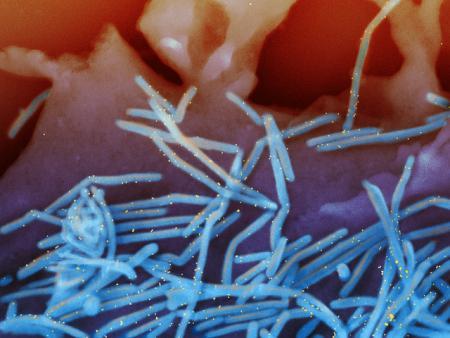A panel of outside advisers to the U.S. Food and Drug Administration (FDA) voted in favor of approving a preventative antibody treatment for respiratory syncytial virus (RSV) in newborns and infants.
The unanimous vote by 21 members of the FDA’s Antimicrobial Drugs Advisory Committee (AMDAC) on Thursday brings the monoclonal antibody, nirsevimab, closer to final approval by the FDA.




